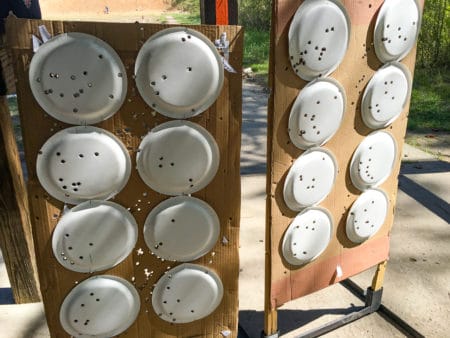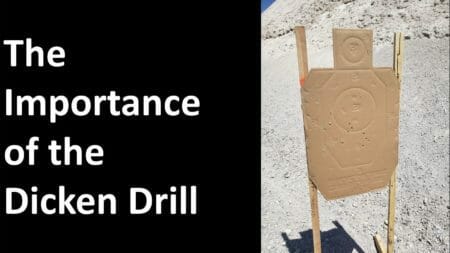
Washington, DC – This month, a Texas jury found Army Sgt. Daniel Perry guilty of murdering Garrett Foster, a protester he encountered at a Black Lives Matter demonstration in July 2020. Less than 24 hours after that verdict, Texas Gov. Greg Abbott said he would pardon Perry if asked.
Abbott’s hasty announcement, which seemed to be driven by conservative complaints that Perry had been unjustly prosecuted for shooting Foster in self-defense, illustrates how political prejudices convert empirical questions into tests of team loyalty. That bipartisan tendency is the antithesis of what jurors are supposed to do when they are confronted by the clashing narratives of a criminal trial.
Abbott took it for granted that Perry’s account of what happened the night he killed Foster was accurate. Texas has “one of the strongest” self-defense laws in the country, the governor wrote on Twitter, and that law “cannot be nullified by a jury or a progressive District Attorney.”
Contrary to the implication, the jurors who convicted Perry did not ignore the state’s self-defense law, which allows someone to use deadly force when he “reasonably believes” it is “immediately necessary” to protect himself against the “use or attempted use of unlawful deadly force.” The jurors simply did not believe the circumstances of Foster’s death met those requirements.
Perry, who was stationed at Fort Hood, was in Austin that night, working an Uber shift. He honked his horn as he turned right from Fourth Street onto Congress Avenue, where a crowd was marching in one of the many protests against police abuse inspired by the murder of George Floyd in Minneapolis the previous May.
Perry later told police he had no idea the protest was happening or what it was about. But protesters had been marching in Austin for weeks, and messages from Perry indicated that he took a keen interest in such demonstrations.
Those texts and social media posts also revealed that Perry was angry about the rioting that accompanied many of the protests. He had repeatedly discussed the circumstances that would justify using deadly force against protesters, at one point declaring that “I might have to kill a few people on my way to work.”
The Austin protesters, who believed Perry had deliberately driven into the crowd, angrily gathered around his car, slapping and kicking it. Foster, who was legally carrying a semi-automatic AK-47 rifle on a sling, approached the driver’s side, and Perry opened the window.
It is not clear exactly what Foster said to Perry. But within seconds, Perry grabbed a revolver he carried for self-protection (also legally) and shot Foster five times. “The guy pointed a freaking weapon at me and I panicked,” Perry said when he called 911 after driving away.
Whether Foster had in fact pointed the rifle at Perry was a crucial question during the trial. His statements to police were the only evidence supporting that claim, which was contradicted by several witnesses.
The defense did not present any photos or video that “showed the position of Foster’s rifle when he was shot,” the Austin American-Statesman reported. Perry did not testify, and prosecutors maintained that Foster never raised his rifle, arguing that Perry acted out of anger rather than a reasonable fear.
Social media posts revealed after the trial reinforced that argument, underlining Perry’s hostility toward Black Lives Matter. The movement “is racist to white people,” he complained in one. “It is official I am racist because I do not agree with people acting like monkeys.”
Even without that additional evidence, the jurors unanimously concluded that the prosecution had disproven Perry’s self-defense claim beyond a reasonable doubt. Andrew Branca, an expert on the law of self-defense, thinks that conclusion was “legally sound” in light of the evidence.
Abbott apparently disagrees, but it’s not clear why. In any case, he cannot act on his knee-jerk impulse without a recommendation from the Texas Board of Pardons and Paroles, which one hopes will give the matter more careful thought.
About Jacob Sullum
Jacob Sullum is a senior editor at Reason magazine. Follow him on Twitter: @JacobSullum. During two decades in journalism, he has relentlessly skewered authoritarians of the left and the right, making the case for shrinking the realm of politics and expanding the realm of individual choice. Jacobs’ work appears here at AmmoLand News through a license with Creators Syndicate.







